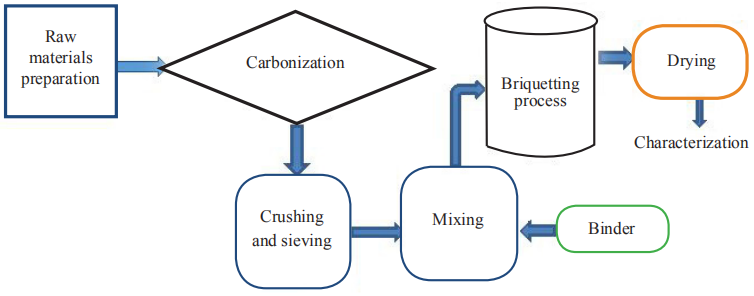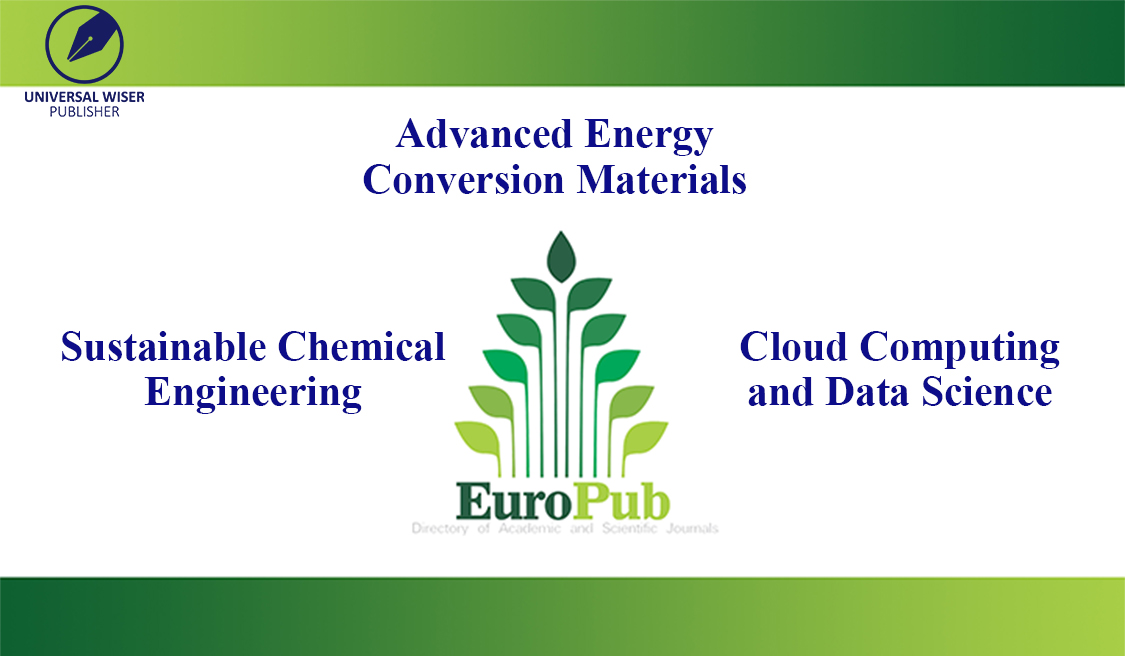


The physical properties of briquettes made from rice husk and coconut shell in different ratios were evaluated based on their thermo-physical properties. The calculated calorific values of the rice husk and coconuts hell are 16.51 MJ/kg and 18.60 MJ/kg, with densities of 1.50 g/cm3 and 3.00 g/cm3, respectively. Coconut shell has lower moisture and ash content of 10% and 26%, respectively, before briquetting. Comparisons of the experimental and calculated calorific values of the briquettes (17 to 21 MJ/kg) showed that they are in agreement with those of the American Standard of Testing Materials (ASTM) and those reported in the literature. The results further showed that the calorific values of the five briquette ratios were not a function of their moisture and ash contents, rather their total carbon contents. The briquette at the ratio 90:10 of rice husk to coconut shell has the highest calorific value and implies that it has more heating advantages and will therefore be suitable as an alternative solid fuel.

Scheduled Server Maintenance and System Downtime Notice Dec 16, 2025

Celebrating CM Editorial Board Members Recognized in the Wor... Oct 10, 2025

Food Science and Engineering Now Indexed in CAS Database Aug 20, 2025

Contemporary Mathematics Achieves Significant Milestone in 2... Jun 19, 2025

Three Journals under Universal Wiser Publisher are Newly Ind... Apr 21, 2025